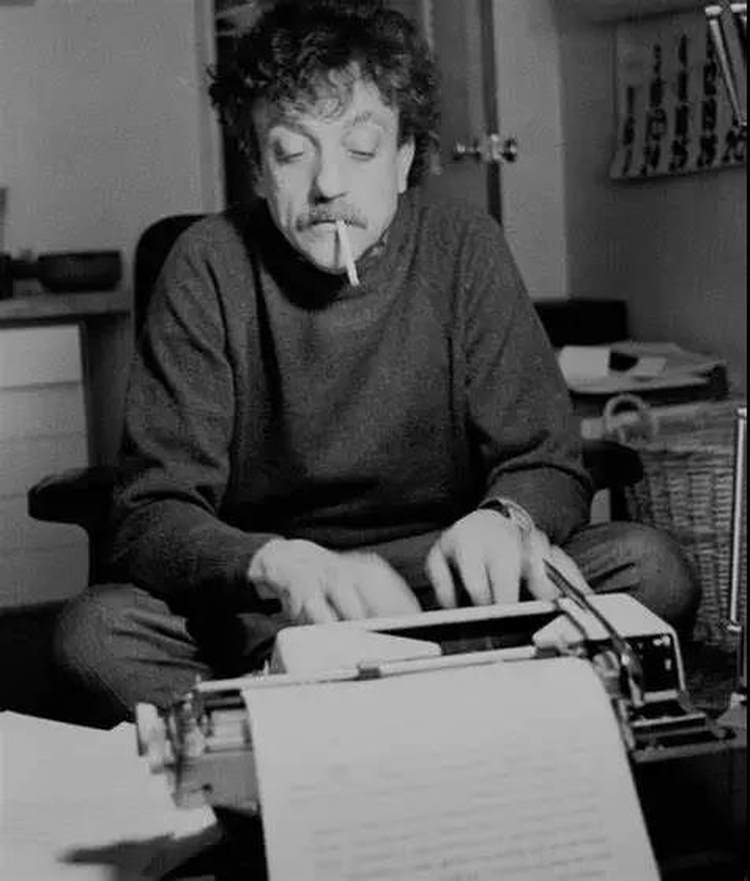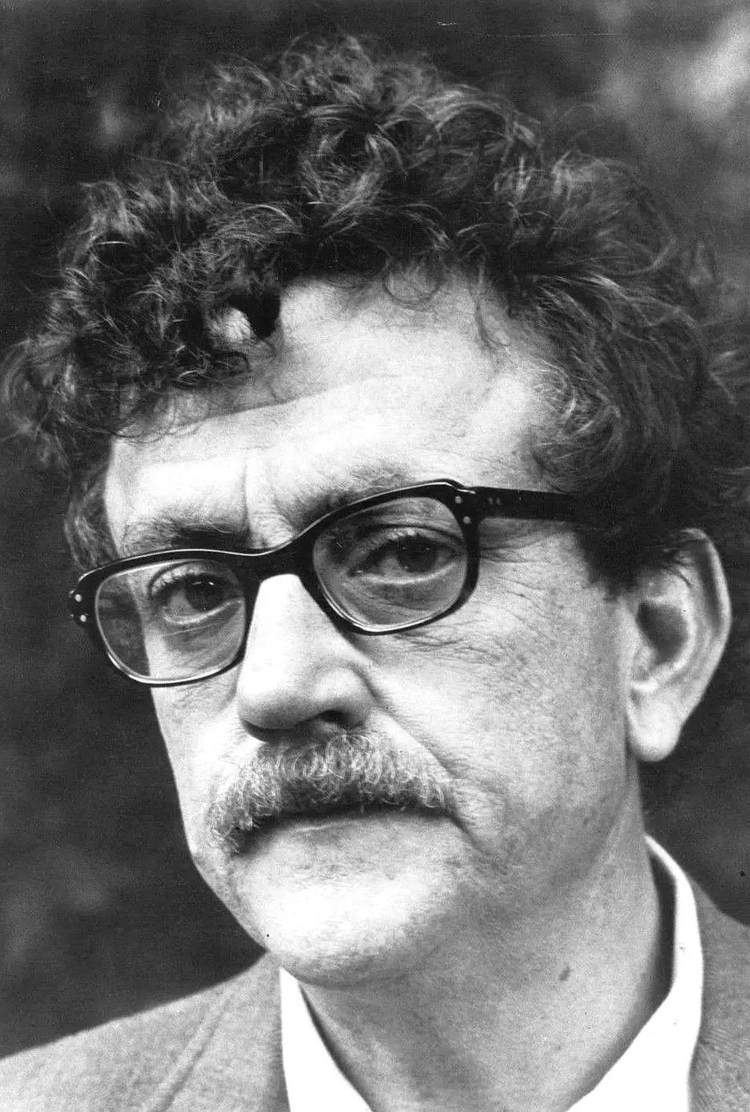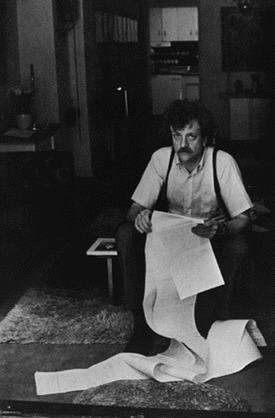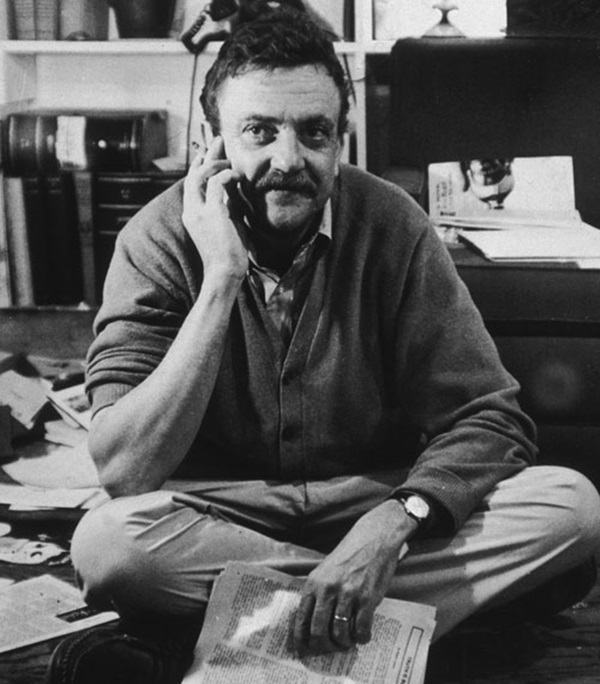Needles, Hospitals, and Hope — The Courageous Journey of Little Noemi.2038
Every morning, her parents wake with a single prayer: that this nightmare will end, and their little girl, Noemi, only three years old, will be free from pain. But neuroblastoma does not let go easily. This rare and aggressive cancer has stolen her childhood, confining her to a life marked by needles, nausea, and endless hospital walls. Each day is a test of endurance, a battle no child should ever face.
For months, Noemi has braved chemotherapy, painful injections, and countless blood transfusions. Her small body weakens under the relentless treatment, yet her spirit remains unbroken. Even on the hardest days, she finds a way to smile — a fragile, shining light amidst a storm far too vast for someone so young. Her courage and resilience inspire everyone who witnesses her journey, showing that even in the darkest moments, hope can persist.
🌟 A Glimmer of Hope

Recently, Noemi underwent a series of grueling tests. The results brought a spark of hope: she has enough stem cells for a transplant using her own blood. It is a miracle, a beacon in the long, uncertain road ahead. But this is just one step. Her journey continues, and the challenges have not diminished.
She faces more rounds of chemotherapy, more hospital stays, and an anti-relapse vaccine that could save her life. Each treatment is critical, each procedure potentially life-changing. Yet the cost of these interventions is crushing, a burden too heavy for her family to carry alone. Every day, the stakes grow higher, and the need for help becomes more urgent.
💛 A Childhood Interrupted

Noemi deserves more than hospital walls and IV lines. She deserves sunlight on her face, laughter that echoes freely, and the simple joys of being a child
Her resilience is a reminder of the extraordinary power of the human spirit. In her quiet courage, she teaches those around her what it means to face fear with grace, to embrace life even when pain is constant, and to shine brightly despite uncertainty.
🌈 How You Can Help
Now, more than ever, Noemi needs help. Every donation, every share, every prayer contributes to giving her a chance at life, laughter, and childhood. Your support provides access to critical treatments, life-saving stem cell transplants, and innovative therapies that could keep her alive and healthy.

This is an opportunity to be part of a story of hope, courage, and resilience. Every contribution, no matter how small, is a step closer to giving Noemi the future she deserves
💛 Every Act of Kindness Matters
Noemi’s fight is not just her own; it is a call to all who witness her story to act, to love, and to support. Together, we can lift the weight of this journey, ensuring she has the chance to grow, to explore, and to live fully. Her smile, fragile yet radiant, reminds us why every effort matters.
By standing with Noemi, we stand for life, hope, and the right of every child to a future unshaped by disease. We can help transform hospital walls into playgrounds, IV lines into memories of laughter, and days of treatment into a story of survival.
Together, let us give Noemi the future she deserves. 💛 Every heartbeat matters, every donation helps, and every prayer carries her closer to healing.
Kurt Vonnegut's Timeless Wisdom: Art, Becoming, and the Power of Creativity

In 2006, a high school English teacher assigned her students a task that many young people would likely see as daunting—write to a famous author and ask for advice. The class was full of excitement, hoping to hear from an array of literary giants. But to their surprise, only one author responded, and it wasn’t just any response. The legendary Kurt Vonnegut, at the age of 84, took the time to reply, and the letter he wrote was both heartwarming and full of profound life lessons.
Vonnegut's response began with warmth and humor, acknowledging the students' friendly letters and expressing how much they had cheered him up. He referred to himself jokingly as "an old geezer" and mentioned that he no longer made public appearances due to his physical appearance, humorously likening himself to an iguana. But it wasn’t his humor that would stick with the students—it was the wisdom that followed.

He told them that the one thing he wanted them to know, more than anything else, was that they should practice any form of art, whether it’s music, dance, acting, writing, or painting, not to get rich or famous, but to experience “becoming.” Vonnegut implored the students to use art as a tool for self-exploration, self-expression, and personal growth. He explained that no matter how well or badly they performed, the true value of art was in the process itself, not the product or the external recognition that might come from it.
“Seriously! I mean starting right now, do art and do it for the rest of your lives,” Vonnegut wrote. His words were not just about creating art but about finding out what’s inside them and allowing their souls to grow. For Vonnegut, art was about exploring the depths of one’s inner world and learning more about the self. He emphasized that creativity, whether in the form of singing in the shower, drawing a silly picture, or even making faces in mashed potatoes, was the way to live fully.

Vonnegut’s advice wasn’t about seeking validation from others or striving for fame and wealth. It was about the joy and personal fulfillment that comes from the act of creation. Art was a personal journey, not a competition or a means of accumulating wealth. He urged the students to “make your soul grow,” encouraging them to practice creativity every day, no matter how small or trivial it seemed. His advice echoed a universal truth: creativity enriches life and expands our capacity for joy, exploration, and self-awareness.
The letter took a practical turn when Vonnegut gave a specific assignment: “Write a six-line poem, about anything, but rhymed. No fair tennis without a net. Make it as good as you possibly can. But don’t tell anybody what you’re doing. Don’t show it or recite it to anybody, not even your girlfriend or parents or whatever, or Ms. Lockwood.” The task itself, a simple six-line rhyme, was far less important than the lesson behind it. He instructed the students to tear the poem into pieces and throw it away, emphasizing that the true reward was in the creation itself—not in sharing it with anyone. This act of writing, creating, and discarding was an exercise in self-empowerment, in realizing that the satisfaction of creativity was enough on its own.

What Vonnegut was teaching was not just about writing poems or making art—it was about the intrinsic value of creation. It was about the act of “becoming,” a continuous process of growth that comes from engaging with the world in an artistic way. He wanted the students to understand that by making art, they were discovering more about themselves and nurturing their souls, regardless of whether anyone ever saw or appreciated their work.
In his usual witty and heartfelt style, Vonnegut’s message was clear: life is not about seeking approval or recognition, but about living fully and authentically. “You will find that you have already been gloriously rewarded for your poem. You have experienced becoming, learned a lot more about what’s inside you, and you have made your soul grow,” he concluded. The essence of his message was timeless and universally applicable: art is not about the result—it’s about the process, the journey of self-discovery, and the personal growth that comes with it.

Vonnegut’s letter isn’t just a message to a group of high school students—it’s a message to all of us. It’s a reminder that in our fast-paced, results-driven world, it’s easy to forget the simple joy of creation. Whether we’re painting, writing, dancing, singing, or even just imagining new worlds, the act of making art has the power to transform us. It allows us to explore our deepest thoughts, confront our fears, and ultimately, find fulfillment within ourselves.
Moreover, Vonnegut’s letter underscores an essential point: the importance of creative play. He urges students to enjoy the act of creation without worrying about perfection or outside validation. The joy lies in the process, in the freedom to express yourself, and in the growth that happens along the way. The six-line poem he assigned was a metaphor for life itself—a reminder that we don’t need an audience to experience joy and fulfillment. Sometimes, the best rewards are the ones we give ourselves, quietly and without fanfare.
Kurt Vonnegut’s advice is a gift—a reminder to embrace creativity in all its forms and to let the act of creating shape our lives. His words are an invitation to stop worrying about what others think, to let go of the pressure to succeed, and to simply enjoy the act of becoming. His legacy lives on in the wisdom he shared, in the encouragement to live fully, to create, and to make our souls grow.





